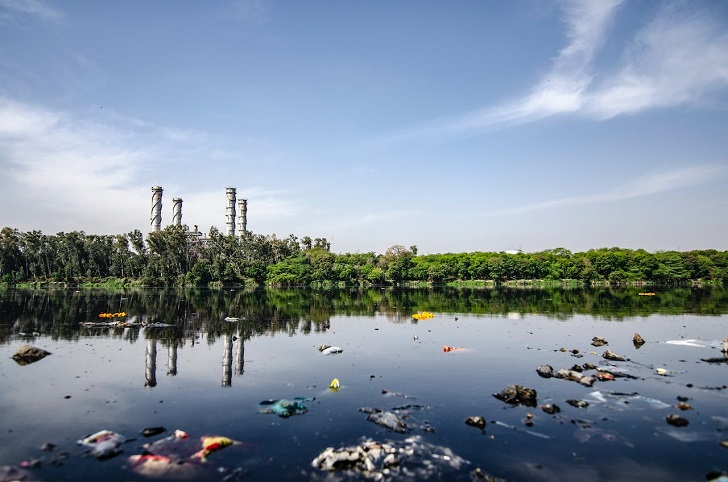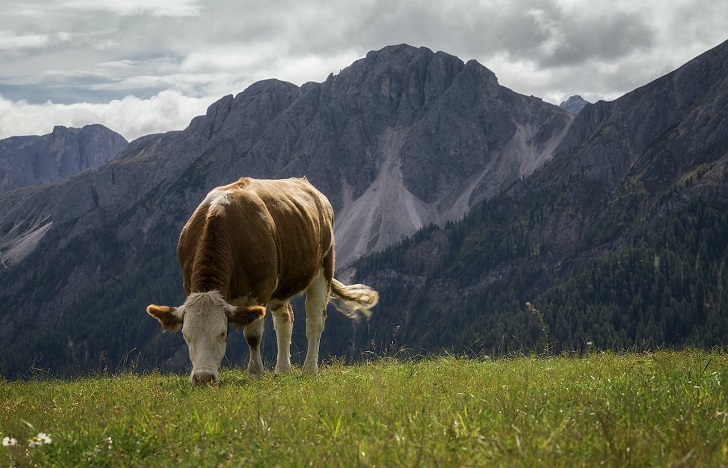For ages, red meat has held a prime spot on our plates, boasting protein, vitamins, and minerals. Yet, recent times have raised a spotlight on its possible health risks, urging us to weigh our consumption choices thoughtfully.
The Balance of Health
While red meat holds nutritional value, its overindulgence or certain forms can pose health hazards. Let’s dive into the risks to make more informed dietary decisions.

Chronic Disease Alarm
Studies link hefty red meat intake, especially processed kinds like bacon or sausages, to chronic diseases. These meats, processed through smoking or curing, pack in saturated fats, nudging up our LDL cholesterol—a red flag for heart issues. They also dance hand in hand with a higher risk of type 2 diabetes, a health concern on a global scale.
Cancer, the Unwelcome Guest
Red meat, especially processed types, might up the odds of certain cancers, particularly colorectal. It’s a tangled web—heme iron in red meat can team up with our body, forming not-so-friendly compounds in the colon. Even cooking methods play a role, as grilling or frying red meat at high heat can produce cancer-linked compounds.

The Unseen: Antibiotics and Hormones
Modern meat production leans on antibiotics and hormones to beef up livestock growth and health. But their residues can cause trouble in humans, from breeding antibiotic-resistant bacteria to stirring hormone-related health issues.
The Green Burden
The red meat industry’s toll on the environment is hard to ignore. From deforestation to greenhouse gas emissions, it’s a heavy footprint. And those methane emissions from cattle? They’re major players in climate change. The call for more sustainable dietary choices isn’t just for health but for our planet’s health too.

The Unseen Lives: Ethics and Animals
The tale of red meat consumption also holds ethical threads. Industrial livestock farming often paints a grim picture of animal treatment—overcrowded, inhumane conditions, routine antibiotics, and practices that raise questions about animal welfare.
These chapters of red meat’s tale urge us to consider a wider picture beyond its taste and nutritional value. It’s a story that intertwines health, environment, and ethics, nudging us to make informed choices, both for ourselves and the world we live in.




